Hysterectomy
After hysterectomy low oestrogen levels in the body makes women more prone to cardiac issues. After hysterectomy bones in your body get weaker.

Laparoscopic Hysterectomy Dr Deepa Ganesh
A hysterectomy is the surgical removal of the uterus and most likely the cervix.

. They often cause bleeding pressure and pain. During a vaginal hysterectomy the surgeon detaches the uterus from the ovaries. Uterine fibroids this is the most common reason for hysterectomy.
After a hysterectomy you no longer. Find out why a hysterectomy is needed. This is the organ in your lower belly where a fetus grows during pregnancy.
There are a few types of hysterectomies. The uterine lining is the source of. Surgeons will make a 5- to 7-inch incision vertically or along the bikini line in your abdomen.
This procedure is the least invasive and can have a recovery period as short as six days to two weeks. Vaginal hysterectomy is a surgical procedure to remove the uterus through the vagina. An abdominal hysterectomy is a surgical procedure that removes your uterus through an incision in your lower abdomen.
A hysterectomy is a surgery to remove a patients uterus. A hysterectomy is surgery to take out your uterus. Get more than one opinion when your doctor suggests a hysterectomy.
Reasons for performing a hysterectomy include but are not limited to the following. Removal of the uterus and cervix but not the tissue. Hysterectomy is used to treat many womens health conditions.
Reasons for a Hysterectomy. Types of hysterectomy surgery. The uterus also known as the womb is where a baby grows when a person is pregnant.
A hysterectomy is surgery to remove a womans uterus or womb. Laparoscopic supracervical hysterectomy LSH. The blood vessels and structures supporting the uterus.
Some of these conditions include. A total hysterectomy involves the. If you have a trustful long-standing history with your doctor you may feel horrified at this suggestion.
After a hysterectomy you will not menstruate have periods or be able to get. Hysterectomy is surgery to remove the uterus womb. This is a removal of a portion of the uterus.
A hysterectomy is a surgical procedure to remove a persons uterus. Hysterectomy is the surgical removal of the uterus. The uterus is the place where a baby grows when a woman is pregnant.
It is the second most commonly performed surgery in non-pregnant women. Depending on the reason for the surgery a hysterectomy may involve removing surrounding organs and tissues. After a hysterectomy you wont be able to get pregnant.
This procedure includes the removal of the uterus as well as both ovaries and the fallopian tubes. A hysterectomy is a major operation with a long recovery time and is only considered after less invasive treatments have been tried.

Recovering From Your Hysterectomy Post Hysterectomy Surgery
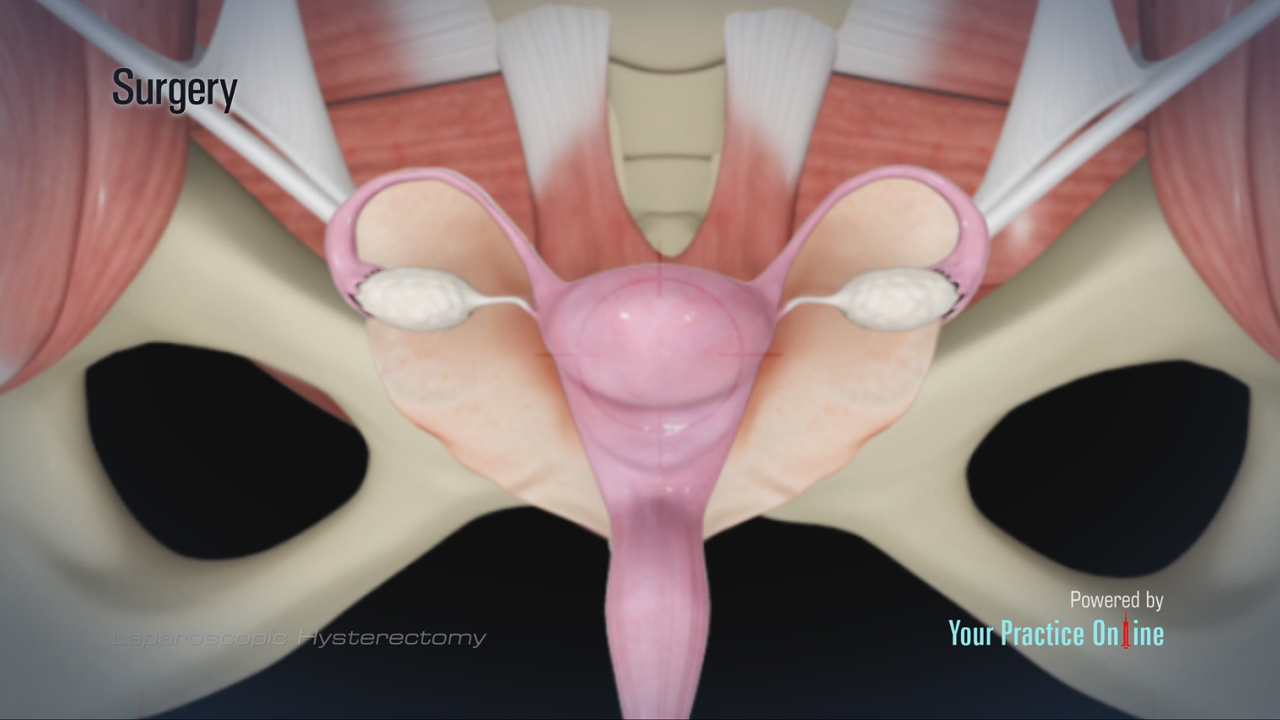
Laparoscopic Hysterectomy Video Medical Video Library
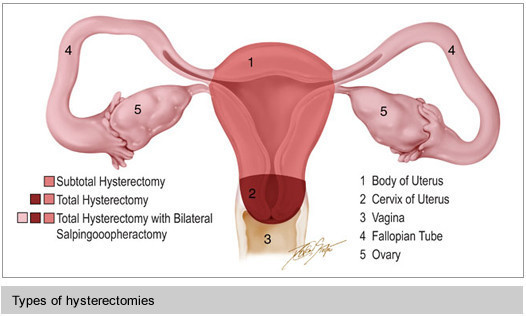
Hysterectomy Fibroid Treatment Collaborative
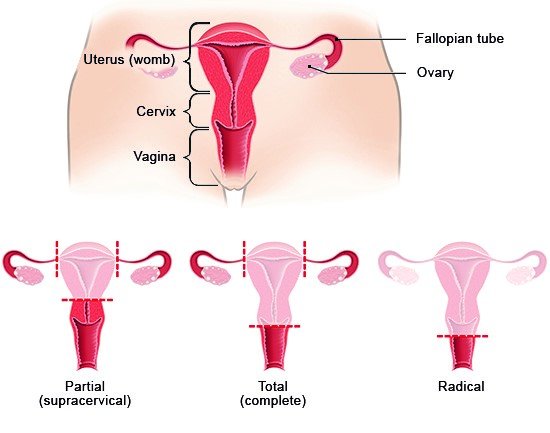
Hysterectomy Surgical Removal Of The Womb Informedhealth Org
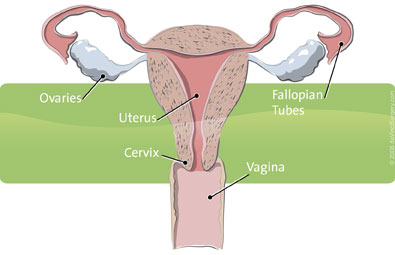
Hysterectomy The Jackson Clinic

Hysterectomy The Basics Dr Elena Rodriguez

Laparoscopic Hysterectomy Guide Obgyn Near Me Dr Quartell

Vaginal Hysterectomy What To Expect At Home

Hysterectomy National Women S Health Network
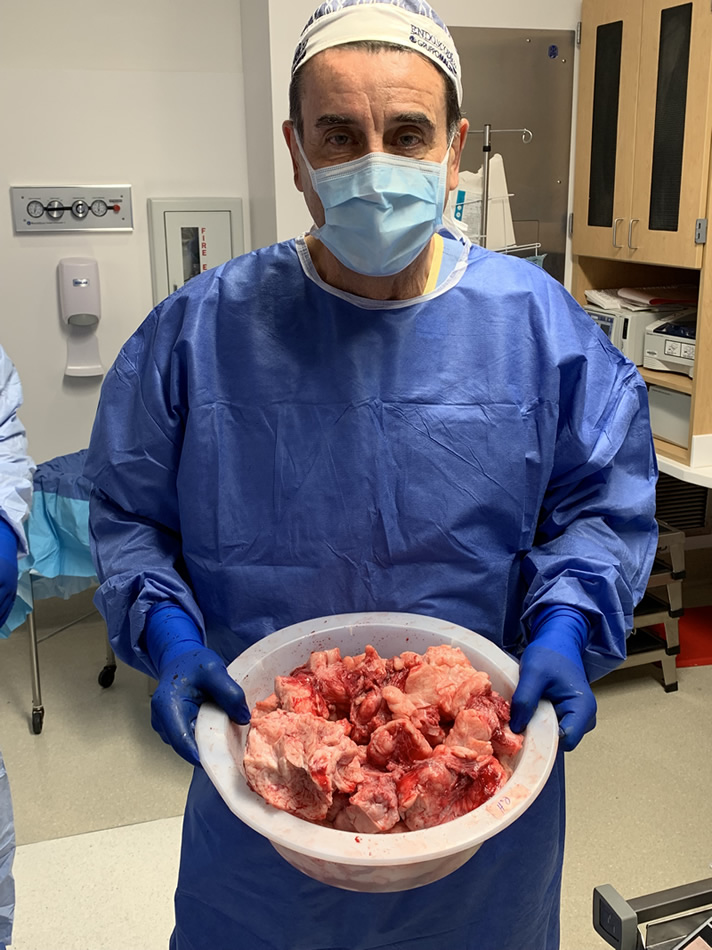
World Record Laparoscopic Hysterectomy Gynlaparoscopy

Hysterectomy Side Effects Recovery And Long Term Impact
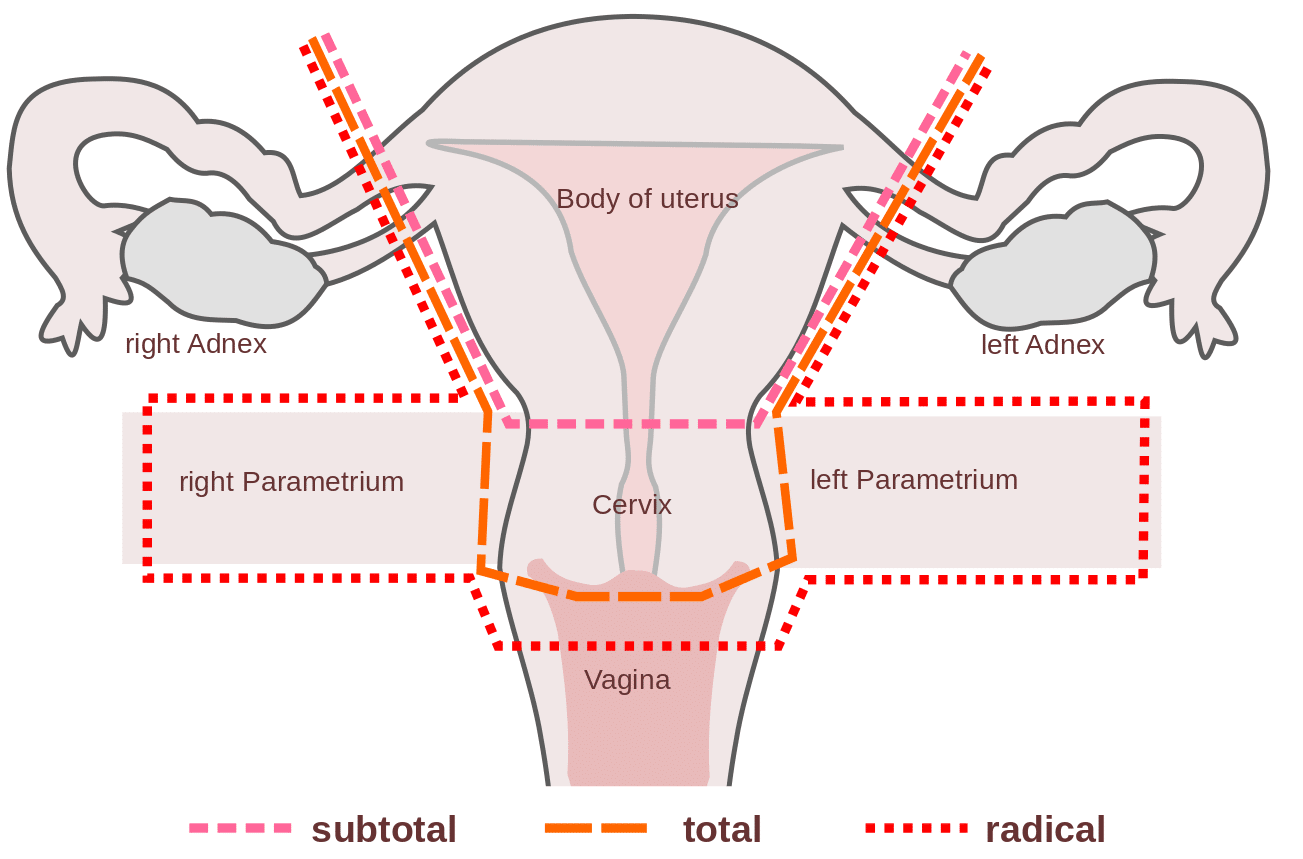
Hysterectomy Procedure Indications Complications Teachmeobgyn
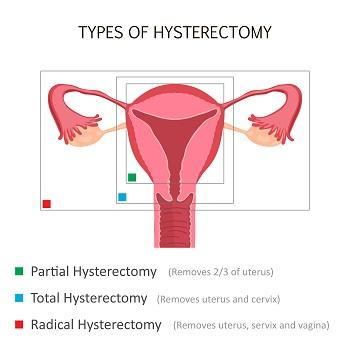
Why Would A Hysterectomy Be Necessary

What You Need To Know About Hysterectomy Uchicago Medicine
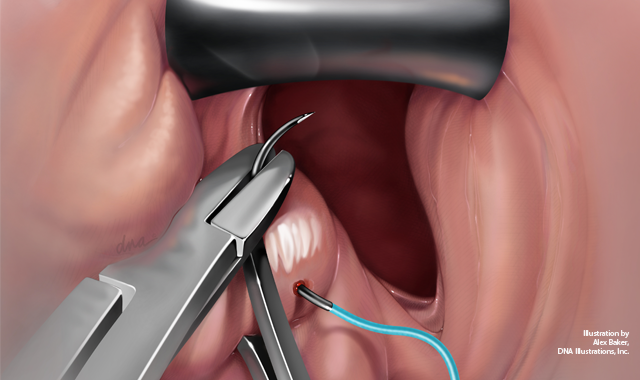
Did Vaginal Hysterectomy Result In Iatrogenic Injuries
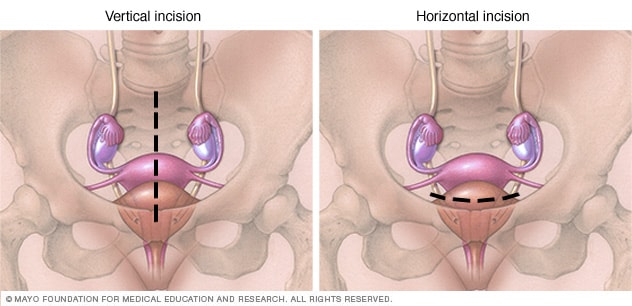
Abdominal Hysterectomy Mayo Clinic
Hysterectomy Taber S Medical Dictionary

The Different Types Of Hysterectomies Cool Springs Obgyn
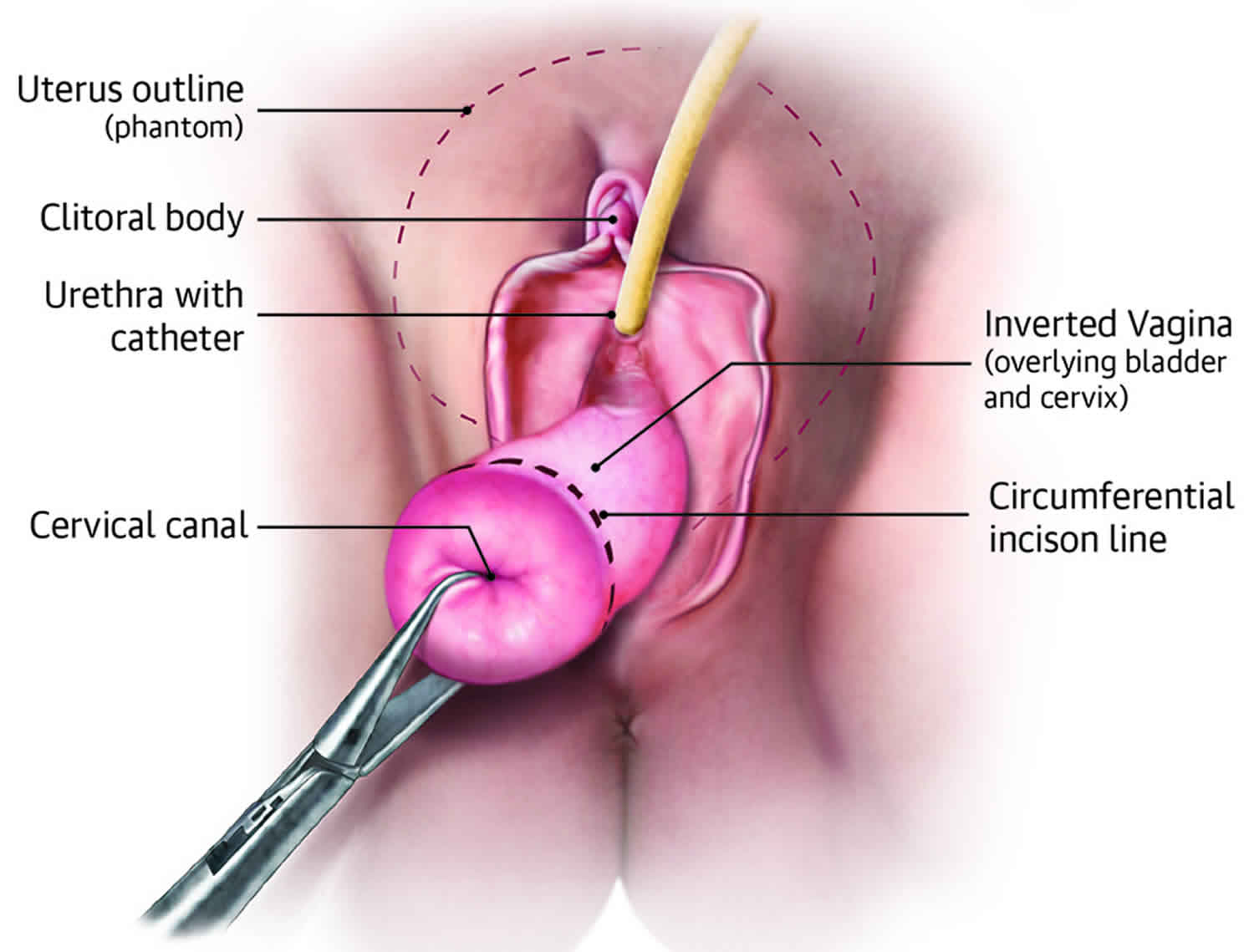
Vaginal Hysterectomy Indications Complications Steps Recovery Time